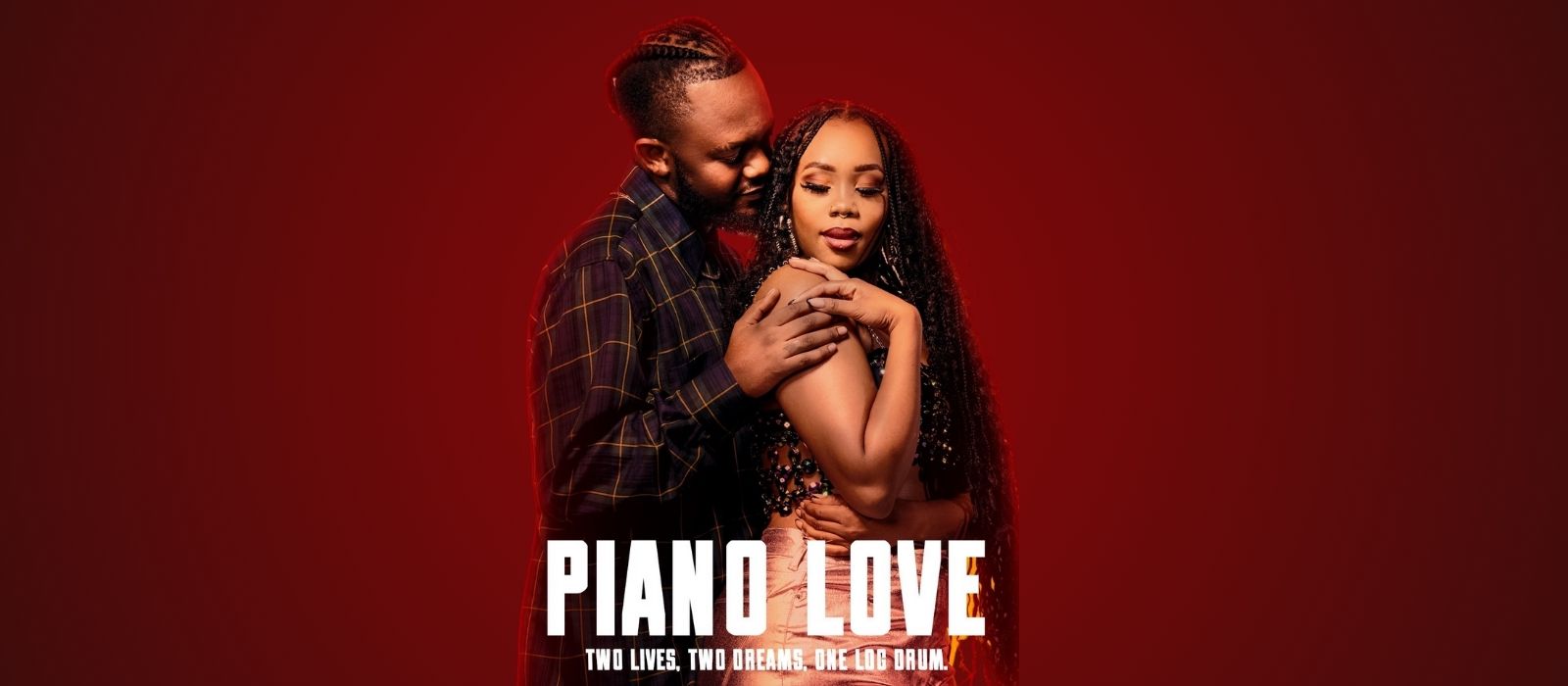
REVIEW: I couldn’t resist watching this film for several reasons. It’s been heavily promoted on social media, sparking a mix of praise and criticism, which piqued my interest. Plus, some of the people involved are among my favorite artists, making it even more compelling for me to see it for myself.
“Piano Love,” directed by Mandla N, marks a significant entry into the world of film that centres on the escalating musical genre of amapiano. Released on Netflix this September, this South African romance-drama intertwines themes of love, ambition, and the unifying power of music against the vibrant backdrop of Soweto.
The film stars rapper Senzo ‘Kwesta’ Vilakazi in his acting debut as Sipho and the well-known choreographer Bontle Modiselle-Moloi as Lerato, both navigating their personal struggles while trying to rekindle their childhood friendship.
The narrative follows Sipho, a struggling hip-hop artist who faces the harsh realities of being dropped by his record label in favor of amapiano artists. He returns to his uncle’s home in Soweto, grappling with financial responsibilities as a father. Concurrently, Lerato also finds herself back home after being expelled from university for taking the blame for her friend’s drug-related issues. Their paths cross again when they are forced to work for a local gangster named Biblos, leading to a series of events that test their resilience and connection.
The film takes a darker turn when Sipho inadvertently becomes involved in a robbery at the spaza shop where Lerato works. This incident leads to Lerato being shot and Sipho feeling an overwhelming sense of guilt.
Well personally, I love the film’s exploration of love and ambition, particularly on how it captures the essence of township life. The performances by Kwesta as Sipho and Bontle Modiselle-Moloi as Lerato were good to me and I think we can agree that Kwesta’s transition from music to acting is commendable. I also enjoyed the film’s soundtrack, which features the latest popular amapiano tracks that resonate well with fans of the genre.
On the other hand, supporting performances from actors such as Peter Mashigo (Biblos) add layers to the story. Mashigo’s portrayal of the antagonist is compelling and provides necessary tension within the plot. However, some critics have noted that certain characters feel underdeveloped or unnecessary, detracting from the central storyline.
Some viewers mentioned that various scenes felt rushed and that certain characters seemed unnecessary to the plot. Others also say the soundtrack features popular amapiano tracks that enhance certain moments but sometimes feel hasty into scenes without proper integration.
When it comes to themes explored, at its core, “Piano Love” discovers themes such as ambition versus reality, love under pressure, and the impact of socio-economic challenges on personal relationships.
While “Piano Love” has garnered attention for its unique premise centred on amapiano music—a genre gaining international acclaim—it has received mixed reviews overall. Some viewers appreciate its cultural representation and musical elements but criticize its pacing and editing issues that hinder storytelling effectiveness.
Despite Piano Love’s flaws in execution, it offers glimpses into potential future narratives within this evolving genre.
Fighter Mhlanga : #PianoLove is honestly just a Mzansi Biskop that went to Netflix. Everything is too basic, even the editing.
MaKhoza: If you love South African music and dance culture, PIANOLOVE is for you! Don’t miss it on Netflix. #amapianolovestory
Jabulani Macdonald : I finally watched #PianoLove. The movie had so much potential, but honestly, the editing and pacing really bothered me. It felt rushed for some reason. While I definitely enjoyed the music, the editing was a major issue for me—it felt like they were randomly shuffling good songs
Overall, as for me l’d give it a 5/10 which is not bad…



